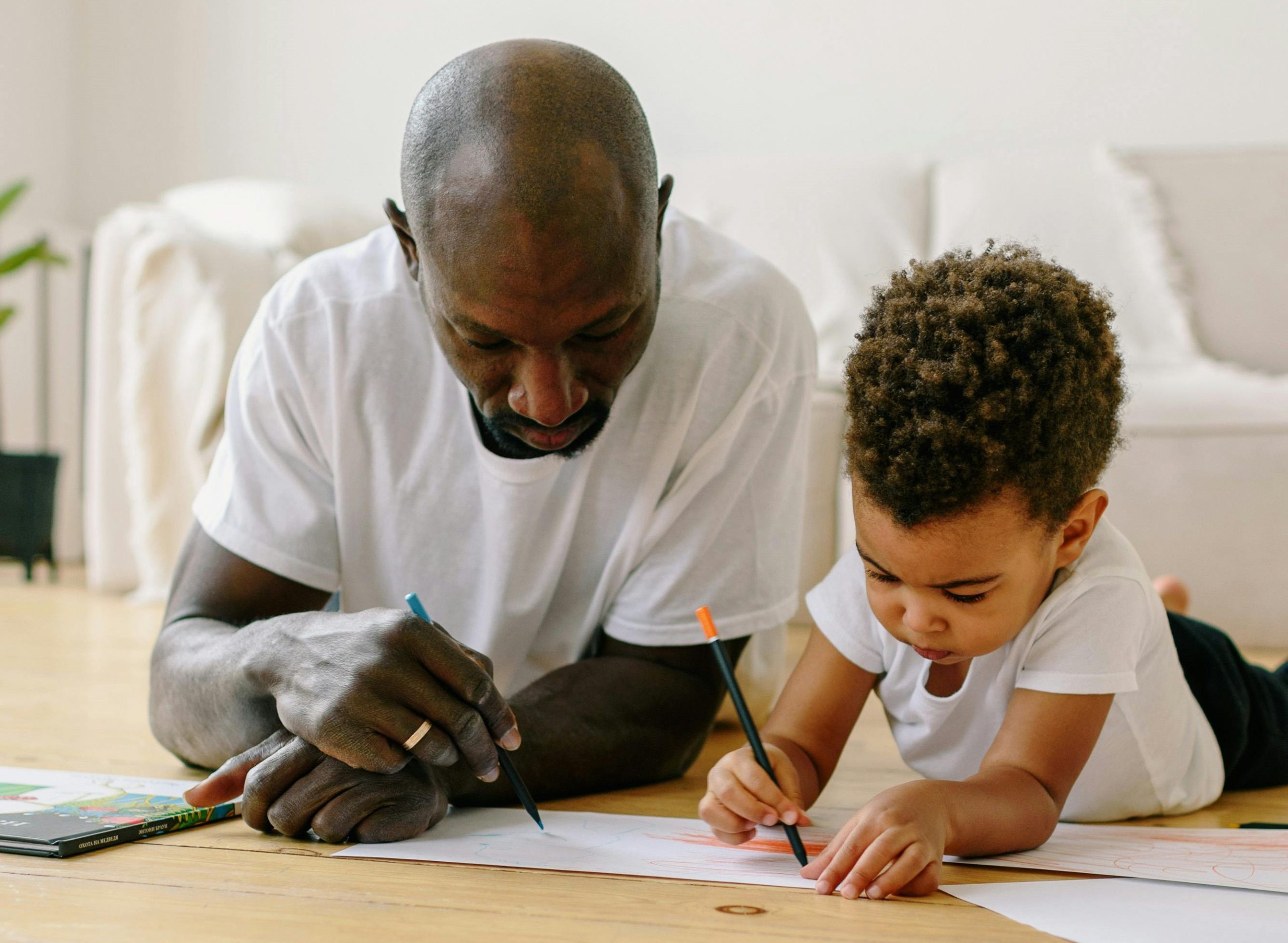Top Ten Questions to Ask Yourself Before Applying for an Apprenticeship in Early Years Childcare
Top Ten Questions to Ask Yourself Before Applying for an Apprenticeship in Early Years Childcare
Early years childcare practitioners are in high demand across the UK, especially as government initiatives aim to expand childcare access and support working families. According to the UK’s Department for Education, there were around 84,500 childcare providers in 2022, and the sector is expected to grow as more families require professional childcare services. In response to this growing need, apprenticeships are a first step for those looking to enter or upskill in the industry. Apprenticeships can provide a valuable opportunity to gain hands-on experience, formal qualifications, and a rewarding career. If you’re considering this pathway, here are the top ten questions to ask yourself before applying.
Do You Have a Genuine Passion for Working with Young Children?
Early years childcare can be highly fulfilling, but it requires a deep commitment to children’s well-being and development. Before applying for an apprenticeship, ask yourself if you have the patience, empathy, and enthusiasm to help nurture young minds. A career in childcare isn’t just a job; it’s about shaping the future of young lives.

Are You Ready for the Responsibilities of Caring for Children?
Working in early years settings involves more than just playing with children. It includes ensuring their safety, providing emotional support, and helping them develop key skills. Think about if you are ready to take on the responsibilities of keeping children safe and helping them grow in a structured environment, and how you feel about the significance of that responsibility.
Can You Handle the Physical and Emotional Demands of a childcare job?
Childcare can be both physically and emotionally demanding. From lifting children to managing challenging behaviour, the work requires stamina and resilience. An apprenticeship will prepare you for these challenges, but it’s important to assess your current ability to cope with the demands of this field.
What Are Your Long-Term Career Goals?
An apprenticeship can be the start of a lifelong career. The London School of Childcare Studies offers routes into roles such as nursery practitioners, early years educators, and even leadership positions in childcare settings. Do you see yourself growing in this profession, perhaps pursuing further qualifications or even opening your own childcare business one day?

Are You Comfortable with Continuous Learning?
Childcare is a field where regulations and best practices are constantly evolving. In an apprenticeship, you’ll gain qualifications, but the learning doesn’t stop there. You’ll need to stay updated on child development theories, safeguarding protocols, and new teaching techniques throughout your career. Are you ready to commit to ongoing professional development?
How Well Do You Work in a Team?
Early years settings rely on teamwork between practitioners, parents, and other professionals. Your apprenticeship will involve collaborating with a range of individuals to ensure the best outcomes for children. Do you enjoy working with others, and can you communicate effectively with both adults and children, not just for the duration of the apprenticeship, but as a key component of your future career?
Do You Have the Time and Commitment for an Apprenticeship?
Apprenticeships involve a combination of on-the-job training and formal study. You’ll need to manage your time between practical work in a childcare setting and attending training sessions or completing coursework. Make sure you’re ready to balance these commitments, as well as any personal or other professional responsibilities.
Are You Interested in Understanding Child Development?
Early years practitioners play a crucial role in child development, guiding children through key stages such as language acquisition, socialisation, and motor skills. Ask yourself if you’re keen to learn more about the psychological and educational foundations of child development, as this knowledge will be central to your role and career moving forwards.
Can You Meet the Eligibility Criteria?
The London School of Childcare Studies, like many other apprenticeship providers, has specific entry requirements. You will typically need to have basic qualifications in English and Maths, and in some cases, a background check (DBS) is required due to the nature of working with children. Ensure you meet these criteria or are willing to take the necessary steps to become eligible. You can find out more about what is needed to apply for an apprenticeship in our Prospectus.

Are You Prepared for the Financial Implications of Apprenticeship Training?
While apprenticeships are typically funded by the government or employers, and you will earn a wage during your training, it’s important to be prepared for any personal financial changes. You may start at a lower wage than you would in a different sector, or if you are changing careers, but you will likely benefit from increased earnings as you gain experience and qualifications.
To sum it up:
Before applying for an apprenticeship in early years childcare, it’s important to consider these questions carefully, and to think about what the reality of an apprenticeship would mean for you and those in your life. An apprenticeship is a significant commitment of time and effort, which can lead to a rewarding career that makes a meaningful difference in children’s lives. The London School of Childcare Studies provides structured and supportive training programs that prepare you for a successful future in this thriving sector. If you’re passionate, dedicated, and ready for the challenges ahead, a career in early years childcare could be the perfect fit for you. Taking the time to reflect on these questions will help you be confident that you’re making an informed decision and are truly ready to embrace the challenges and opportunities an apprenticeship in early years childcare has to offer. Thinking of applying? Check out our prospectus and get in touch for a chat here.










